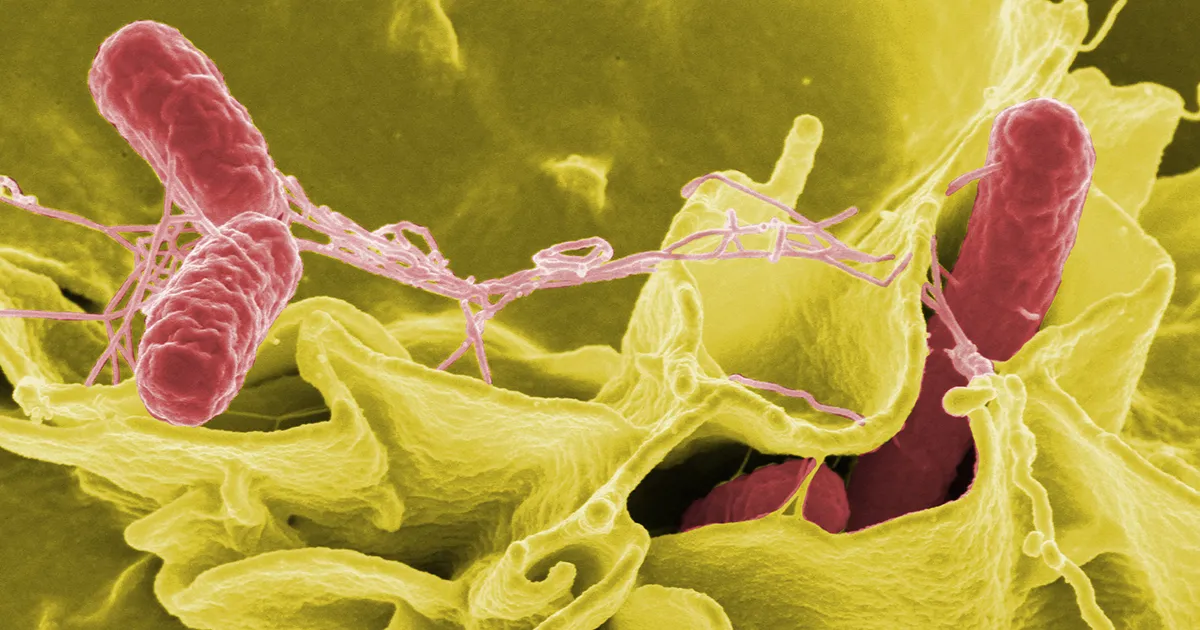
In a world where food safety is a paramount concern, recent events involving Quaker products have once again brought the issue of Salmonella contamination to the forefront. While many people associate Salmonella primarily with eggs, the Quaker case underscores that this dangerous bacterium extends far beyond the realm of poultry. As consumers, it is crucial to understand the broader implications of Salmonella contamination and how it affects a wide range of food products. In this article, we will explore the details of the Quaker incident, delve into the complexities of Salmonella, and discuss what can be done to protect ourselves from this persistent threat.
Salmonella is a well-known cause of foodborne illness, and its presence in any food product raises immediate red flags. However, the association of Salmonella solely with eggs is a common misconception that oversimplifies a much more complex issue. The recent incident with Quaker products serves as a stark reminder that food safety concerns should not be limited to a single category of food. Instead, we must adopt a holistic approach to understanding and addressing Salmonella contamination across the entire food supply chain.
The case of Quaker’s Salmonella contamination is a wake-up call, urging both consumers and food producers to reevaluate their food safety practices. Understanding the diverse sources of Salmonella and the conditions that allow it to thrive is essential for developing effective preventive measures. This expanded perspective on Salmonella is not just about protecting ourselves from foodborne illness; it’s about contributing to a safer, more informed food environment for everyone.





